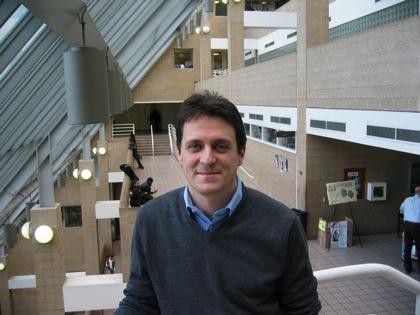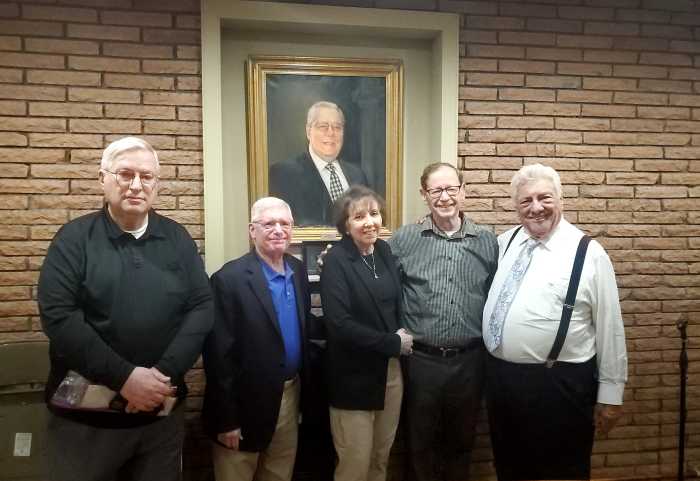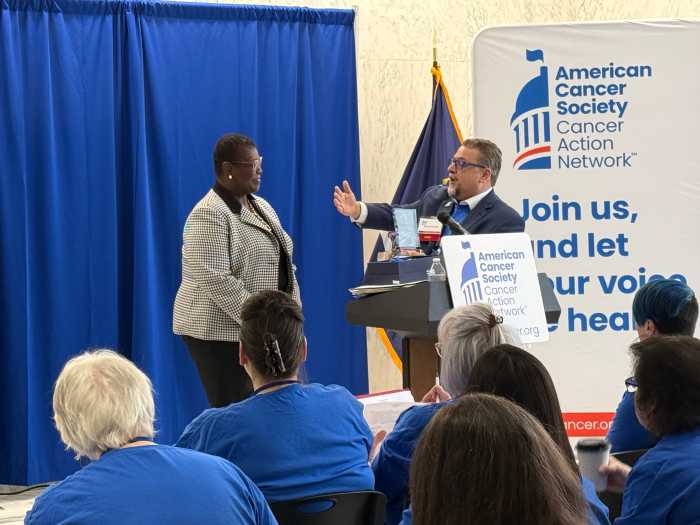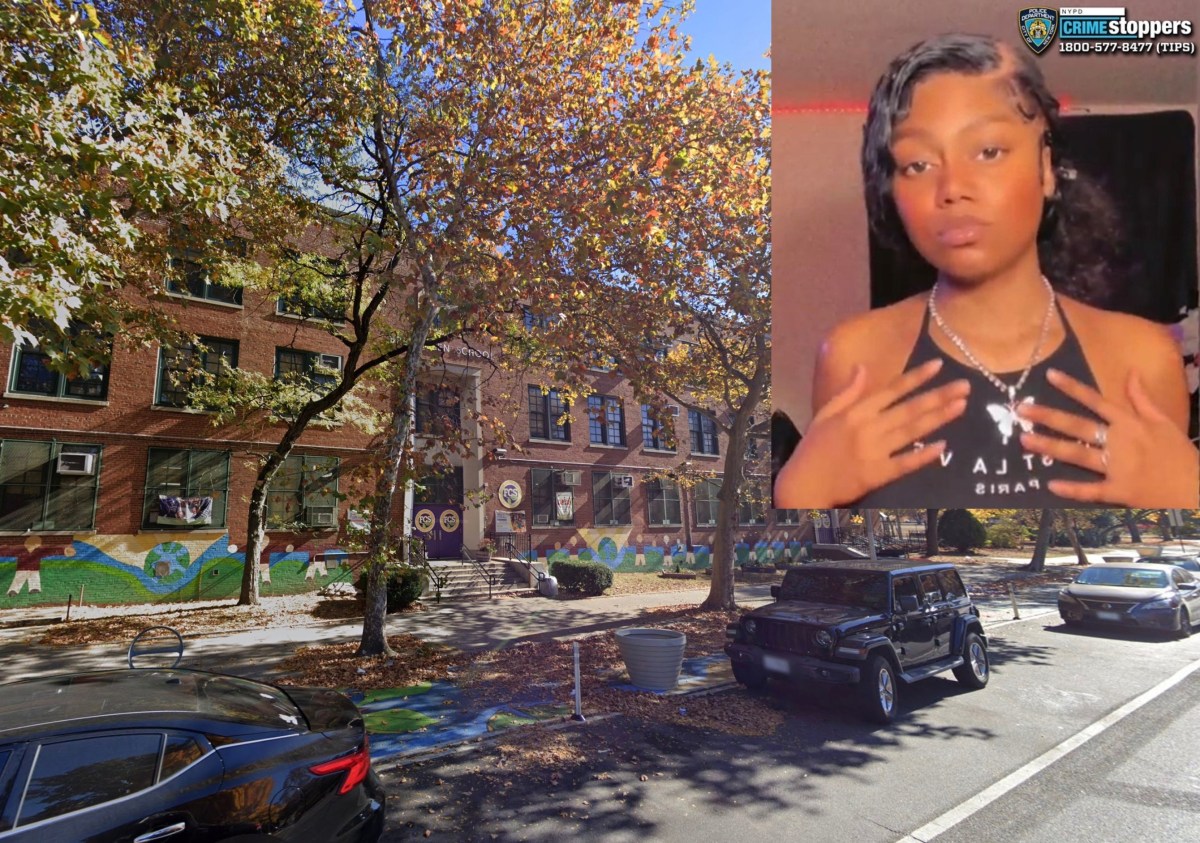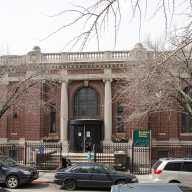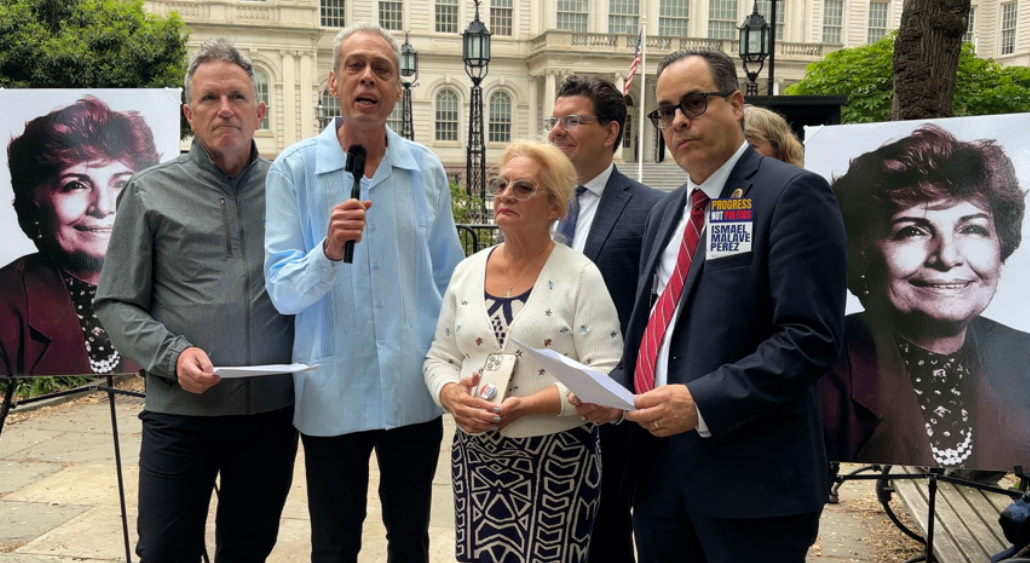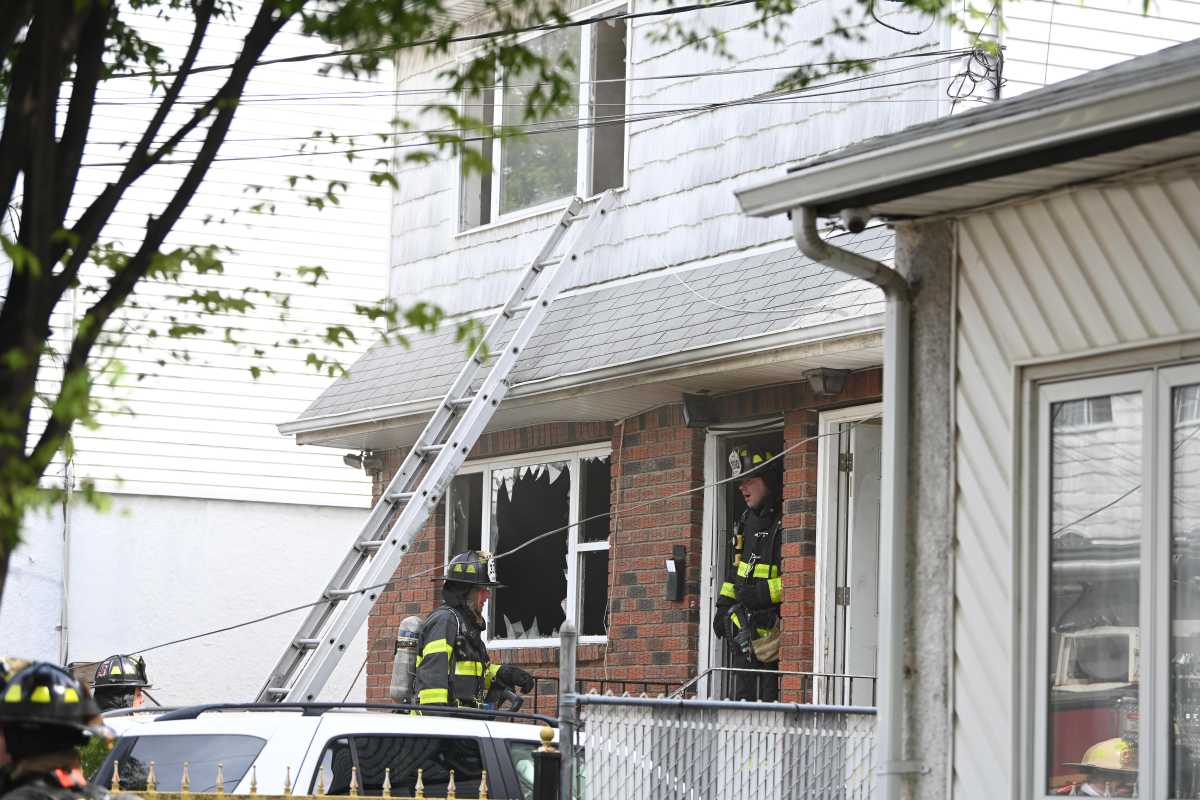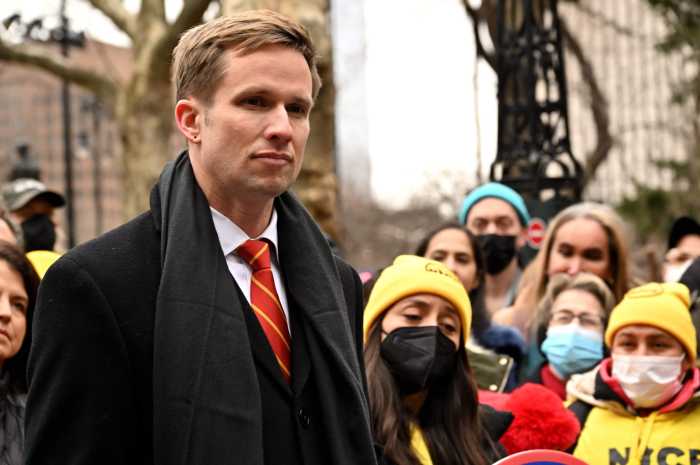New York City College of Technology Physics Professor Giovanni Ossola thinks both small and big.
He is currently developing a new tool, which will lead to more precise computations involving the actions of particles (the smallest components of matter) in the world’s largest particle (proton) accelerator, the Large Hadron Collider (LHC). And he has big plans to involve his students in the information and discoveries being made by him and other scientists from around the world.
Thanks to a two-year National Science Foundation research grant of $114,450, Dr. Ossola is well on his way to achieving these goals.
The collider is a $10 billion machine built by the European Organization for Nuclear Research (CERN) on the France-Switzerland border. CERN’s main area of research is particle physics: finding answers to questions about the universe, what it is made of and how it works. LHC replicates the conditions of the universe immediately after “the Big Bang” in order to help physicists understand its effects and to examine matter’s smallest components.
One of Dr. Ossola’s goals for his project is to forge stronger research ties between CERN and City Tech. Since European university students can more easily visit the LHC, he wants to find ways to bring information and discoveries here, to organize meetings, and present results. “From a scientific point of view, it is important to have a connection between the research work that we do at City Tech and the main events taking place at CERN. This connection can be reinforced by visiting CERN, inviting speakers to the college, and giving presentations for faculty and students about the various themes of the LHC experiment.”
City Tech is located at 300 Jay Street in Downtown Brooklyn.


